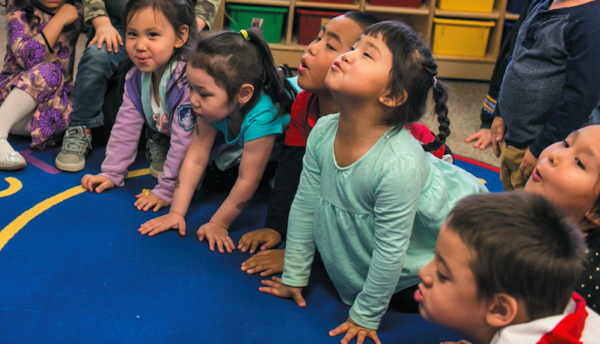Hello, loyal subscribers, and welcome to The Highlighter! It’s a big issue this week with tons of great articles. The first section features Nikole Hannah-Jones and Roxane Gay, two totally great people whose work you should be following. The second section focuses on economic issues and the division between the rich and the poor. The last section centers on politics from two seemingly unrelated vantage points: Milo Yiannopoulos and social studies textbooks. Please enjoy all these articles plus the breaks in between (another dog! another book!) — and have a great week!
Since the presidency of Bill Clinton, our country has engaged from time to time in “conversations about race.” Nikole Hannah-Jones, my favorite education reporter (#18, #22, #46, #47, #65), argues in this Teaching Tolerance interview that dialogue is never enough. Segregation was easy, she says, and integration is possible, but there is a lack of will. If you’re interested in Ms. Hannah-Jones’s thoughts on the notion of “public,” please read her latest piece in the New York Times.
Many of you love Roxane Gay, but I must confess, I have read only a little of her work. That needs to change! She’s excellent. Here’s a well-written profile that chronicles her writing career, which has focused on gender, power, sex, and bodies. Little-known fact: As a kid, Ms. Gay loved reading the Little House and the Sweet Valley High series. According to a couple very close friends of mine (and loyal subscribers), this means that Ms. Gay has great taste.
This is Reggie. She belongs to loyal subscriber Monica (and the Universe).
Author Brian Barth wastes no time. His first paragraph: “At least half of all farmworkers in the United States are undocumented Mexican immigrants. And ‘documentation’ often dictates inclusion in a guest-worker program that’s been compared to slavery. Americans avoid these jobs, yet elected a president who promised mass deportation. There’s a crisis brewing in our fields, and it’s about to get much, much worse.” Please read this important article.
Loyal subscriber Thuy forwarded me this article, which features San Francisco’s Tenderloin district, the history of the neighborhood, its neediest residents, and the new tech elite. Usually, these articles are about how the divisions between the rich and the poor are intractable. With the leadership of Reverend Cecil Williams and Glide Memorial Church, however, maybe there’s a non-naive way to heal this chasm.
First great book of the year. Even better in audio, with Trevor Noah as the narrator. Everybody, go and read it or listen to it now!
On the Milo Bus With the Lost Boys of America’s New Right
I’m on a Milo kick, I know. (See last issue.) In this extremely well-written piece, author Laurie Penny hangs out with the mostly young white men and captures their sentiments perfectly. Ms. Penny’s reporting isn’t charitable — she characterizes the men as selfish and ignorant — but her main criticism is directed at Milo for being a horrible, disgusting person. Enjoy!
The Eurocentric Influence on History Textbooks and Classrooms
There are many problems with high school history textbooks. One is that they’re biased; another is that they’re Eurocentric. The answer isn’t to shun textbooks, this article argues. Rather, teachers should focus on historiography, or how historians interpret and debate the past, and challenge their students to become historians themselves, analyzing primary documents to make their own meaning. Thank you to loyal subscriber Clare, an excellent U.S. History teacher in Hayward, who suggested this article.
Thank you for reading The Highlighter #82! The digest keeps growing and growing, thanks to your reputable word of mouth. Let’s welcome new subscribers Sarah, Peter, Jenny, and Natalia! If you liked today’s issue, get it out there! One great way is to share The Highlighter via Facebook or Twitter (see below). Why not try it? I appreciate that you’re a subscriber, and I’ll see you next Thursday at 9:10 am!









